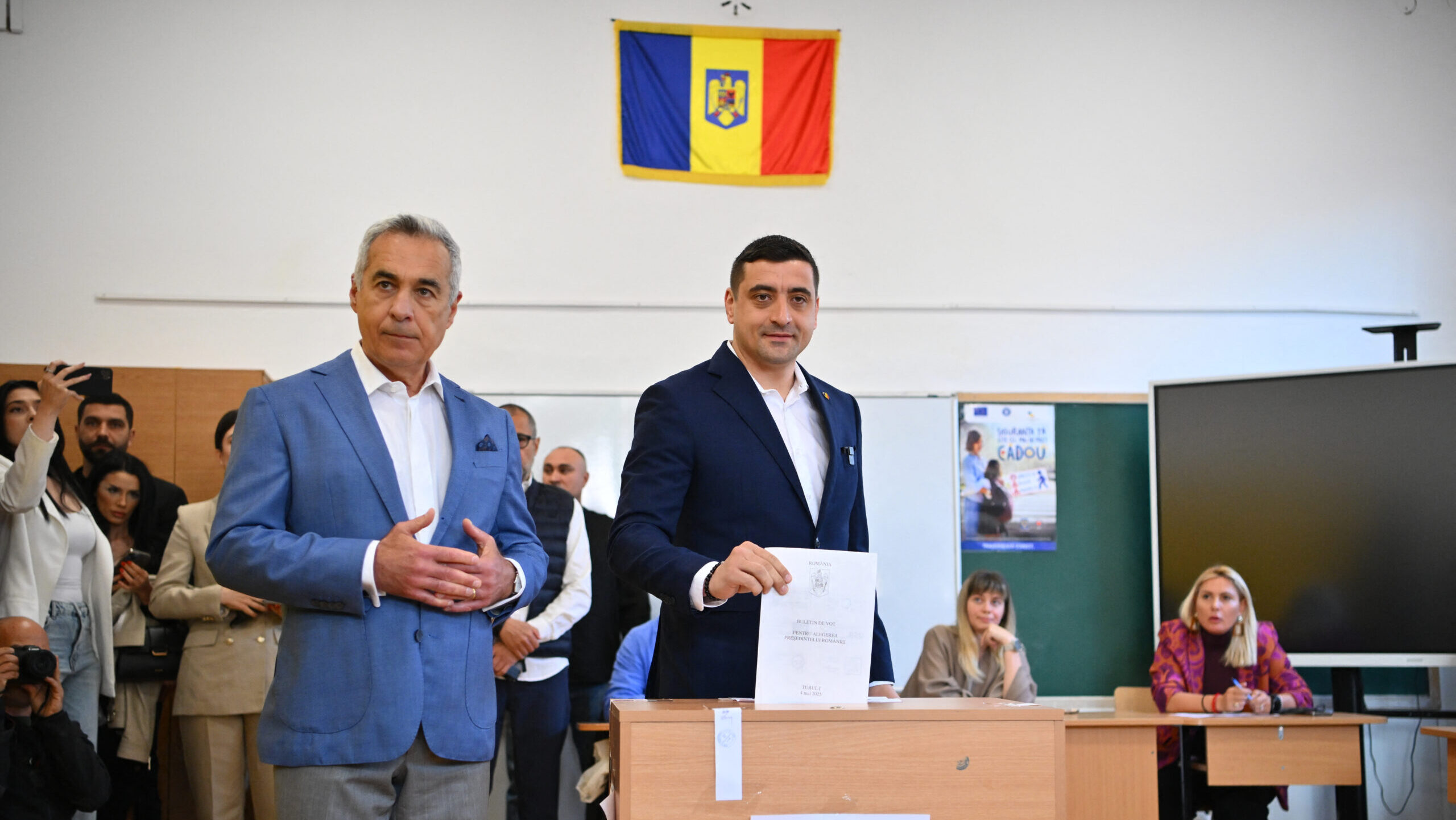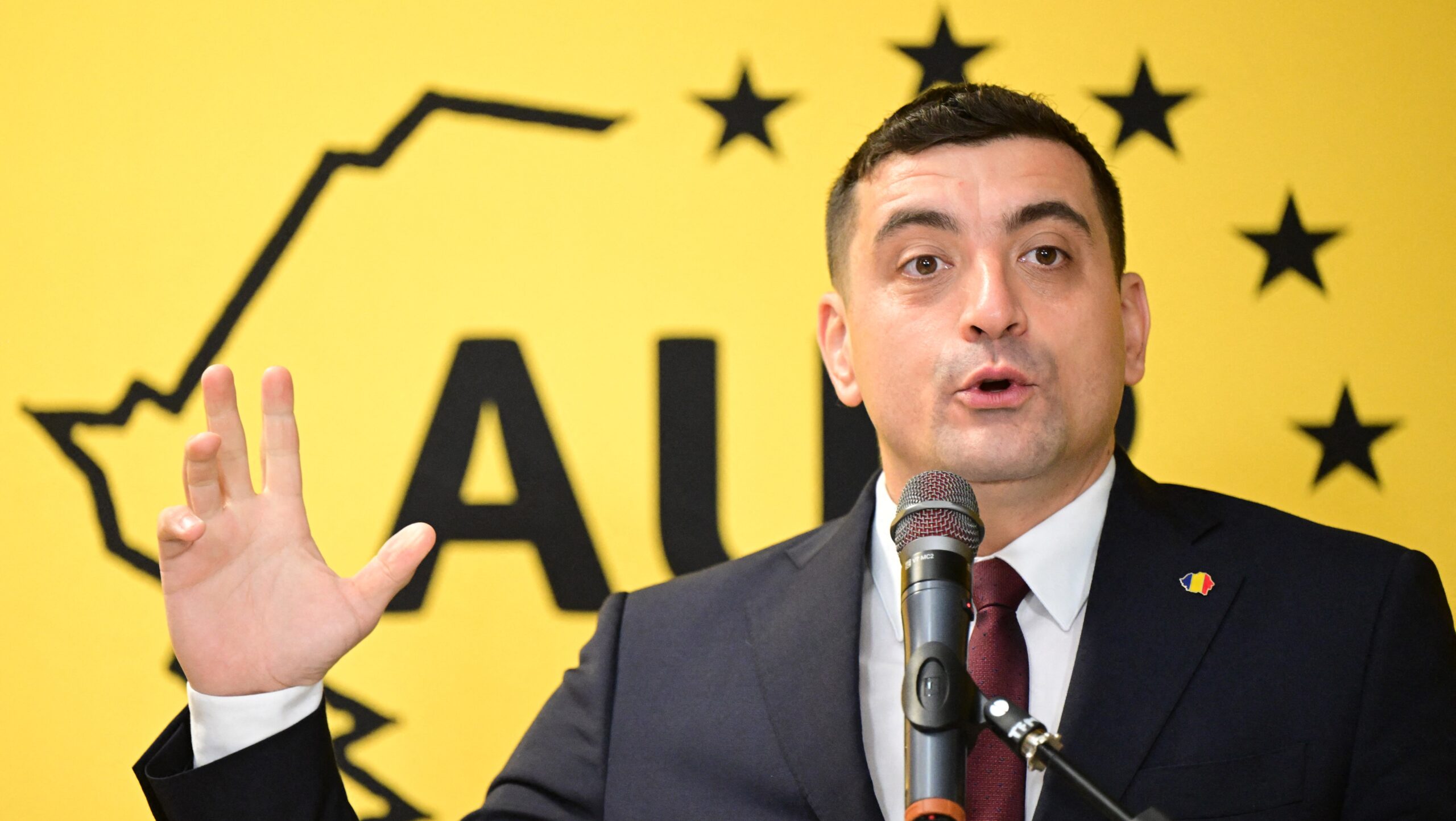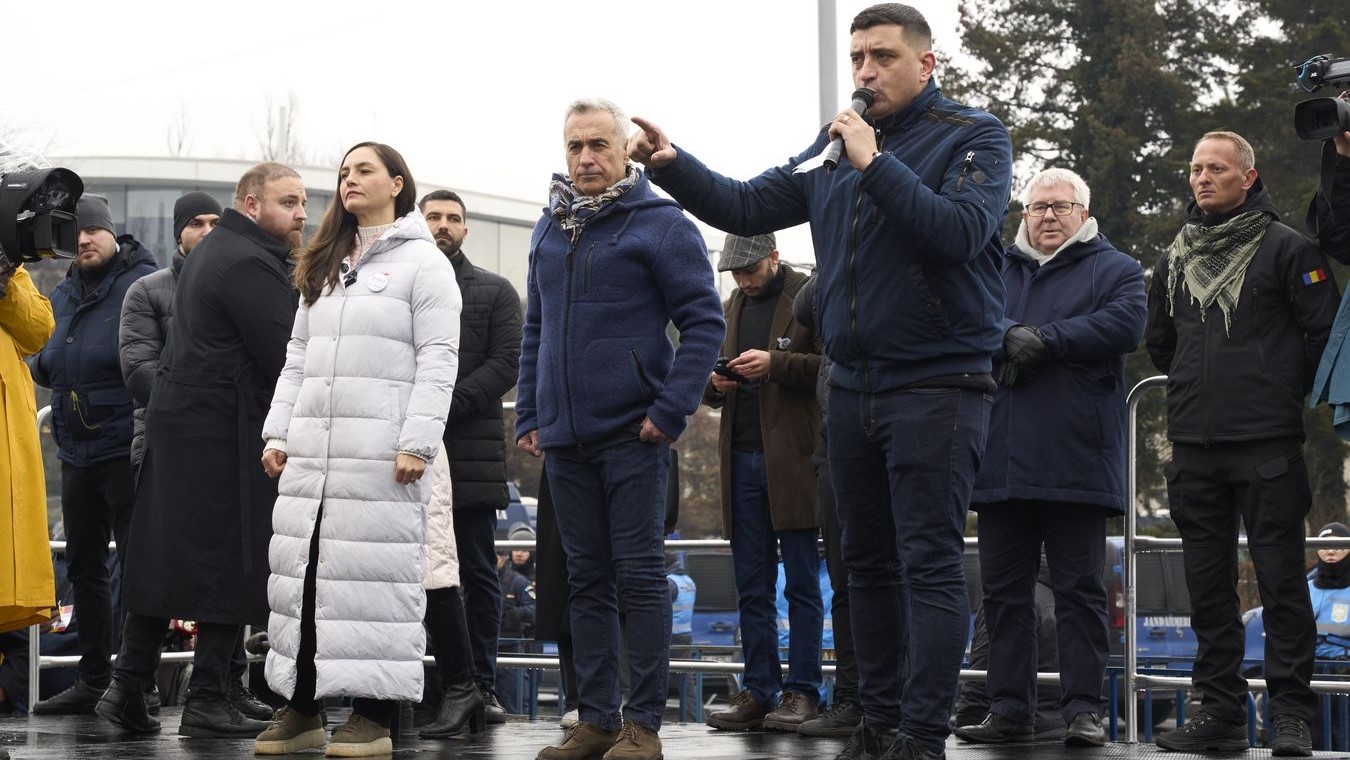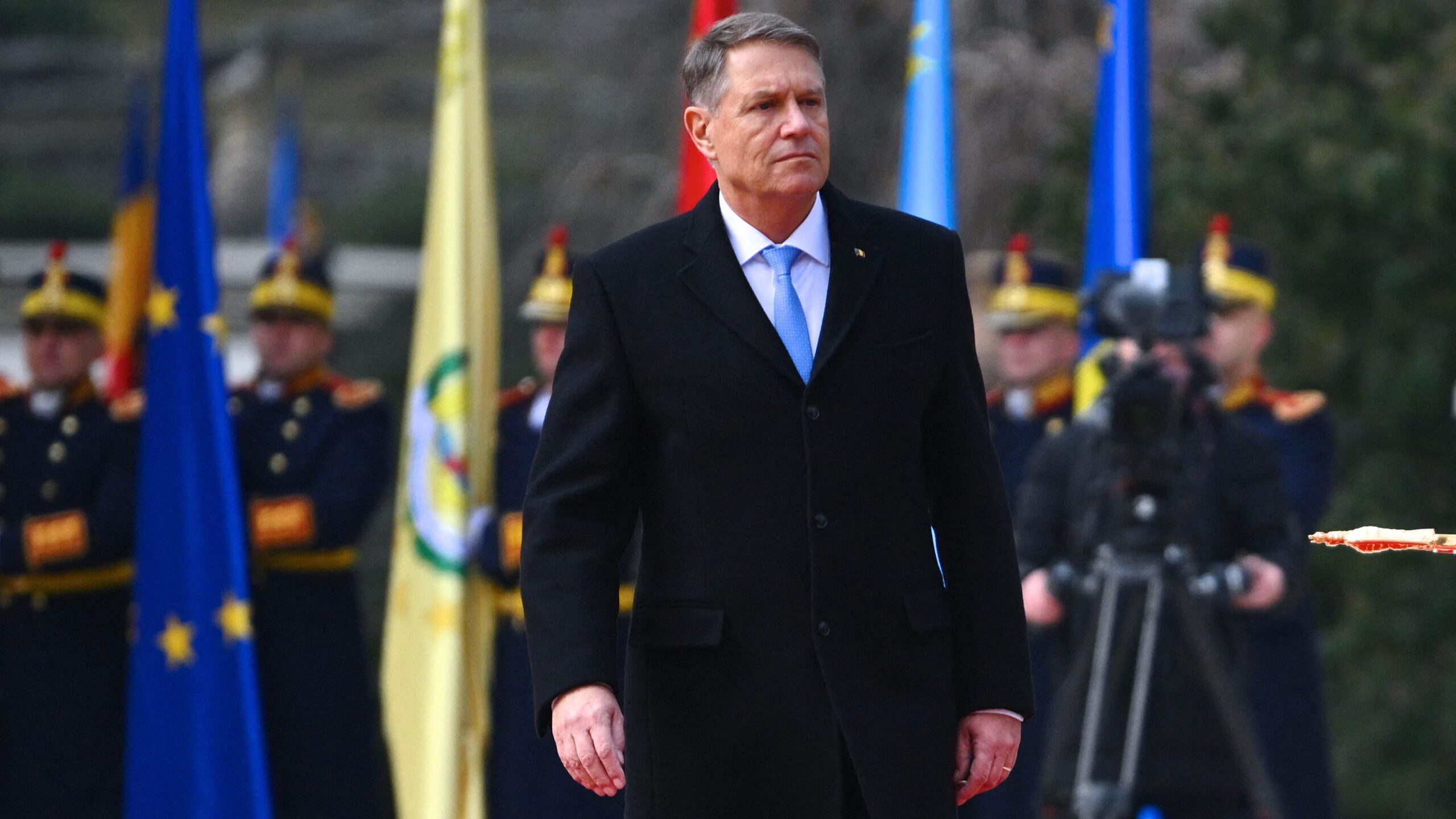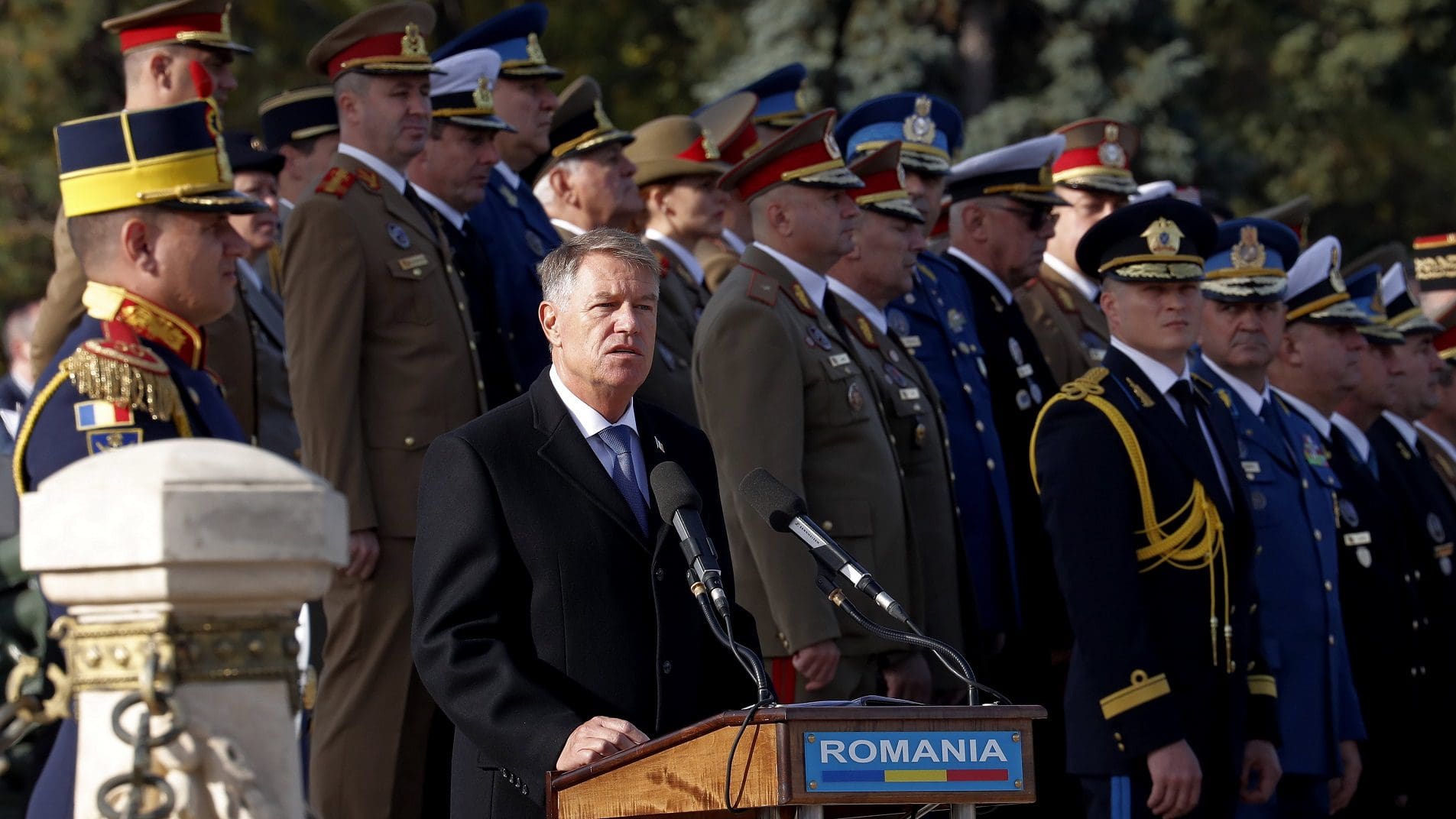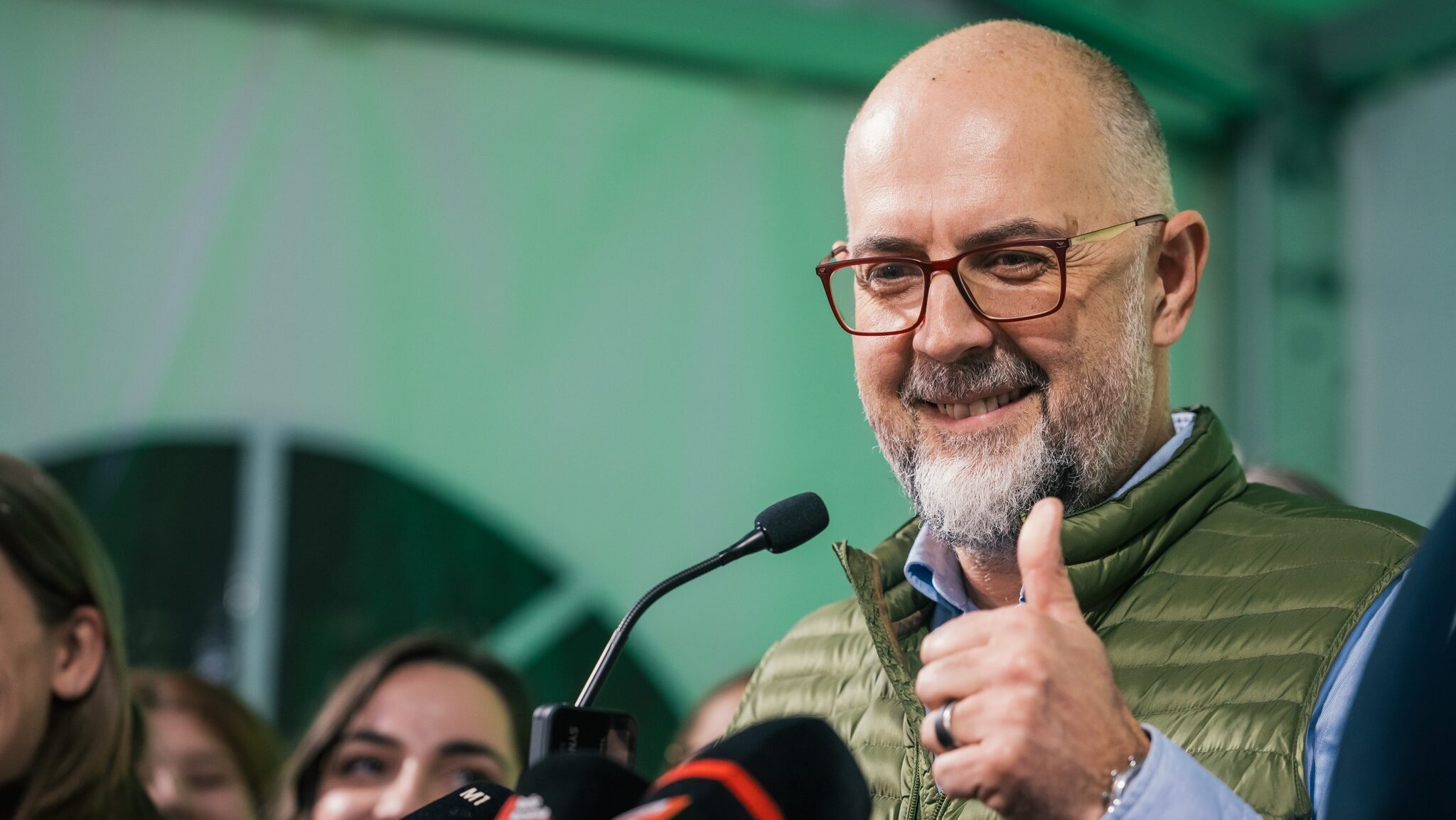
Hungarian Minority Party RMDSZ Joins Romanian Government with Three Ministers
The Democratic Alliance of Hungarians in Romania (RMDSZ) will be part of the new four-party government, party leader Hunor Kelemen announced on Sunday. According to Kelemen, the Hungarian minority party will hold three ministerial posts in the coalition.




